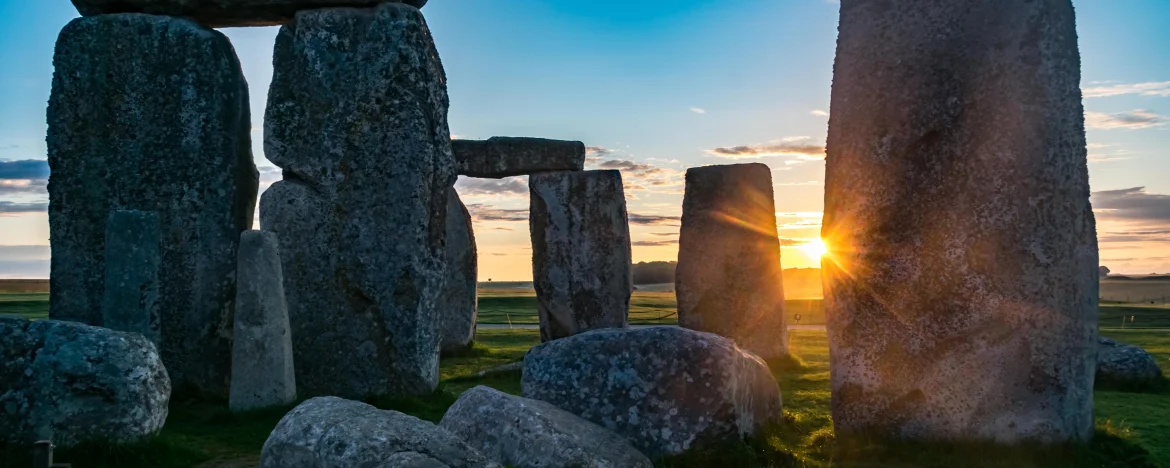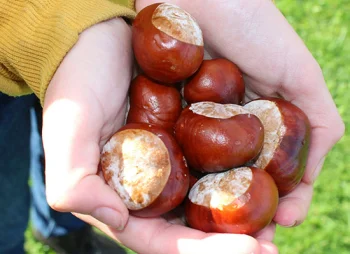Tar barrels in St Ottery, Devon
When bonfire night rolls around you might attend a ceremonial bonfire, or a fireworks display. You might even set off some rockets in your back garden, or a nearby field. In Devon, there’s another, far more chaotic option.
Village veterans strap flaming barrels of tar to their backs and run through the narrow, crowded streets of Ottery St Mary (the spectators can number into the hundreds, or even thousands). There are no barriers, no safeguards – if a runner heads in your direction, the only thing you can do is jump out the way, or find yourself on fire.
Ottery St Mary is not the only village in the UK that deals with tar barrels of course, but it is notable that rather than rolling them through the streets, the volunteers wear them. As far as traditions go it’s volatile, it’s dangerous and it refuses to even acknowledge the concept of health and safety.
Perhaps not one for children, or those of us who don’t enjoy being in rowdy crowds in the proximity of open flames.
Tar Barrels Night is such a brilliant way to celebrate Guy Fawkes night that we just couldn’t help ourselves from including it.







